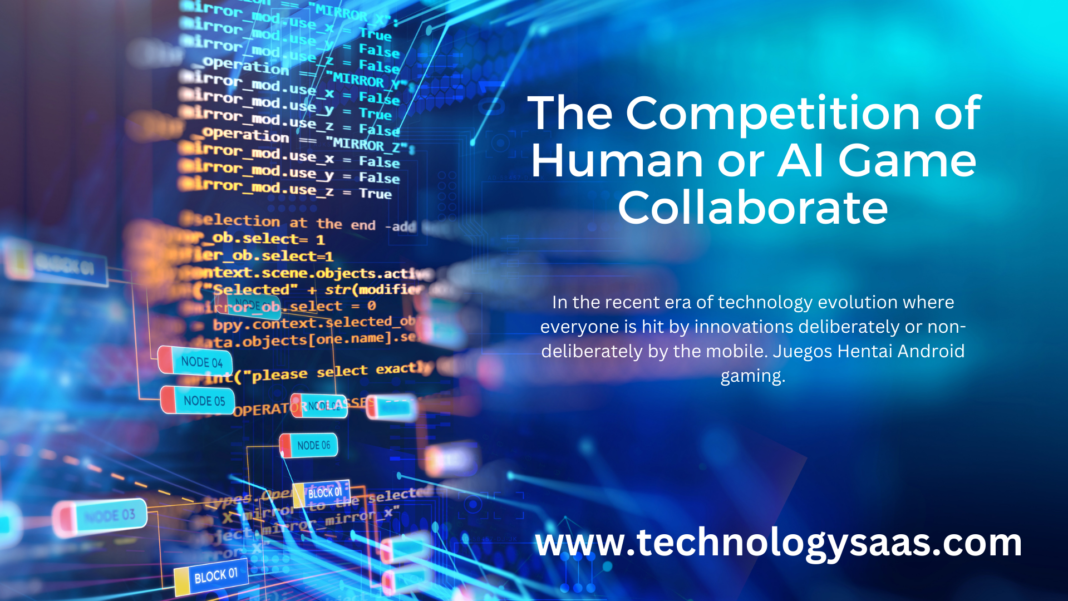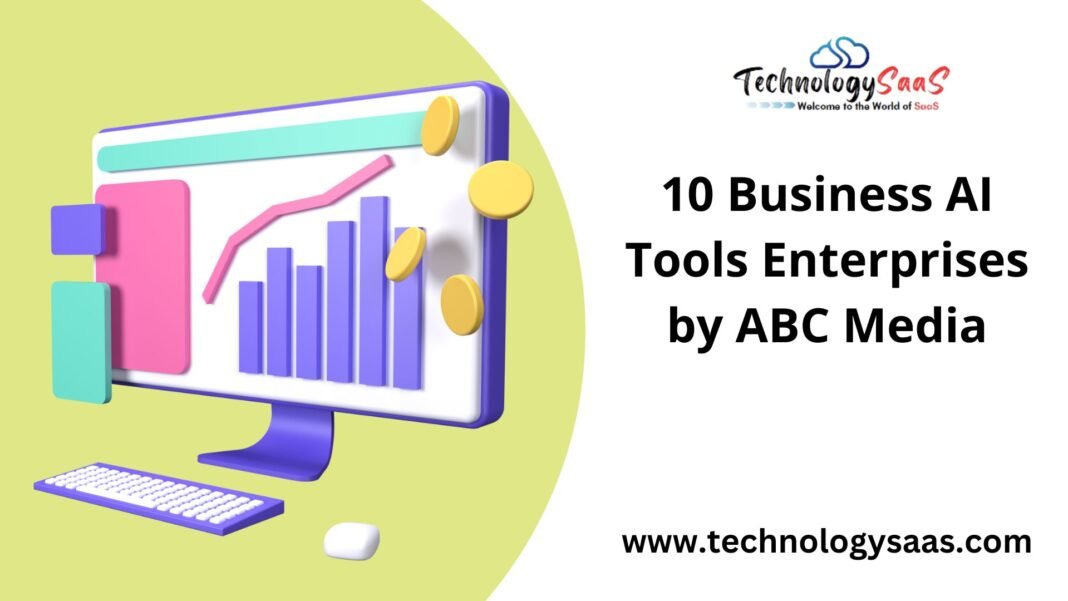Introduction
Human or AI Games are an intersection of human intelligence and artificial intelligence (AI) but generated by human beings, has sparked a drastic change in the gaming industry of the digital world. This intimate relationship between human players and AI has evolved from simple computer-controlled rivals to complex systems that can challenge by collaborating with, and even learn from players of games. This keyword is very interesting in its description that the development of human-AI gaming is being compared with AI generated games by examining their impact on gaming culture, the technology behind it, and its future potential.
The Early Days: Challenger of Human or AI Game
In the early days of video gaming, AI rivals were simple, they were rule-based systems. During these early days of games, AI opponents, found in their games like Pac-Man or Chess, where everything was designed to challenge the opponent players by following pre-set algorithms of AI games. While these AIs provided a consistent level of difficulty, these were often predictable and lacked the ability to adapt to a player’s planning
In fact, these early systems challenged the opponent players by following pre-set algorithms of AI that laid the groundwork for more sophisticated AI development. As technology advanced, so did the complexity of AI, it was leading to opponents that could provide a system of more engaging and challenging experience. Games like Deep Blue’s victory over Garry Kasparov in 1997 showcased AI to surpass human abilities in specific domains, in this case, chess.
The Rise of Adaptive AI: A True Competitor in Human or AI Game
As Human or AI Game gaming technology progressed, so did AI capabilities began to create adaptive AI systems that could learn and evolve based on player behavior. Games like F.E.A.R. introduced AI dynamically to player actions, as flanking or making the gaming experience more exciting.
This shift marked the transition of AI from a simple rule-based opponent to a true competitor. These adaptive AI systems of Human or AI Game not only provided a greater challenge but also helped to create more immersive gaming experiences.
AI as a Collaborator: Enhancing Human Players with AI Games
Traditionally AI Games have been viewed as opponent in gaming for players no longer faced a static opponent but one that could react and adapt in real-time, making each encounter unique. recent players no longer faced a but one that could react and adapt in real-time, making each encounter unique. developments have positioned personalized gaming experiences AI feature AI teammates faced a static opponent but one that could react and adapt in real-time, making each encounter unique. Environments offer that assist players in completing objectives. These AI companions are designed to work alongside human players, providing support and enhancing gameplay.
To create more engaging and personalized gaming experiences players no longer faced a static opponent but one that could react and adapt in real-time, making each encounter unique. Environments offer a unique experience for each player, allowing for unlimited exploration and discovery.
The Advent of AI-Generated Content: Creativity and Innovation
One of the most exciting developments in human or AI games is the use of AI to generate content. AI can now create levels, characters, players offering a limitless number of possibilities and creating a highly personalized gaming experience.AI-generated content is not only expanding the creative possibilities of gaming but also democratizing game “Unity’s ML-Agents” allow developers to create complex AI behaviors with minimal coding, opening up game design to a broader audience. This has led to an explosion of indie games AI in innovative ways the boundaries of what is possible in gaming.
The Future of Human-AI Gaming: Collaboration Beyond Competition
The future of human players and AI in gaming is like to become more potential to enhance social gaming experiences continues to evolve, it will play an increasingly more patent role in creating more immersive, personalized, and engaging gaming experiences. We may see AI systems that can dynamically adjust game difficulty based on a player’s skill level inclusive gaming experiences, developing systems that can adapt to players with different abilities or even AI companions that can learn and adapt to a player’s unique play style. AI has the potential to enhance social gaming characters could interact with players
Conclusion
Human or AI gaming has transformed to create a more inclusive gaming art by offering new challenges, inclusive gaming systems that can adapt to players with different abilities or preferences and creative possibilities. AI as a simple opponent to a dynamic of the role of AI in gaming continues to interact with players in more meaningful ways to expand, pushing the boundaries of what is possible. The future between humans and AI in gaming promises to create even more innovative and immersive experiences, blurring the lines between reality and virtual worlds.



